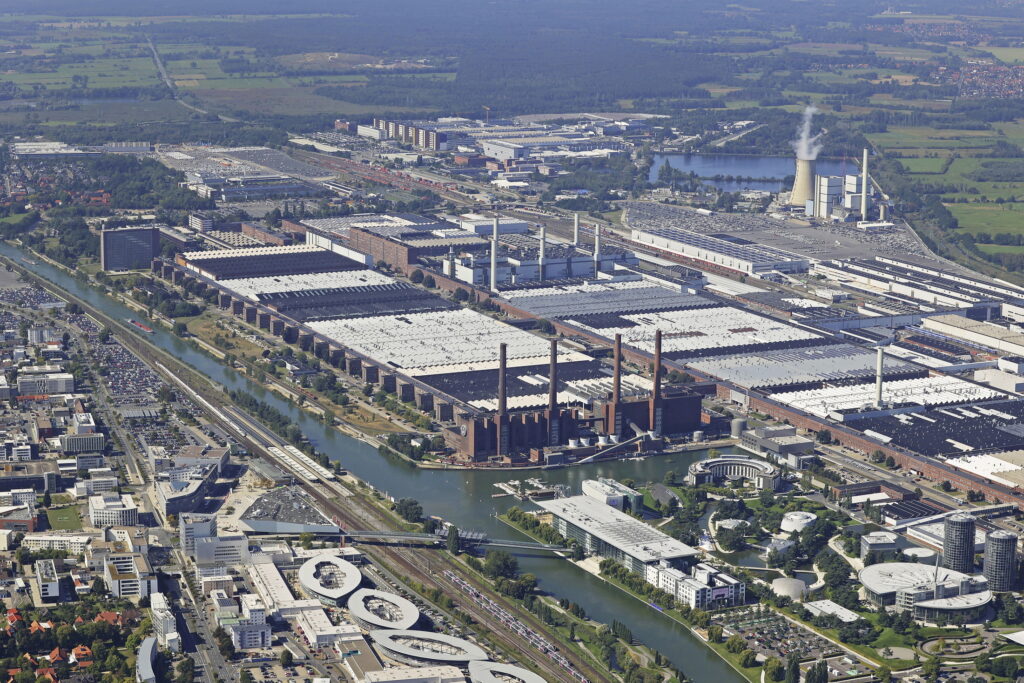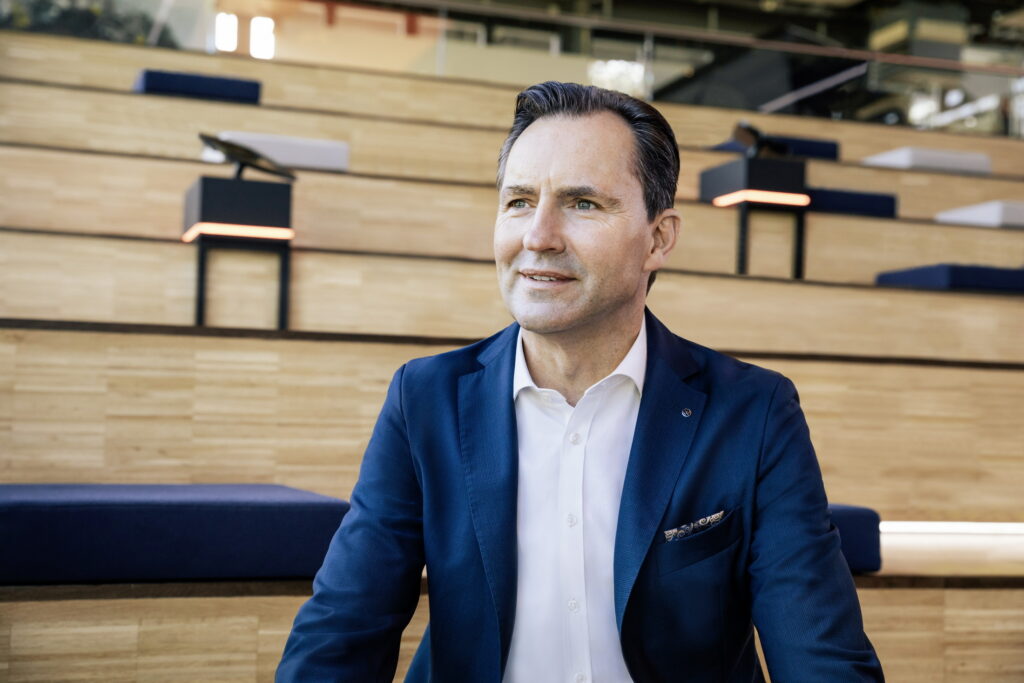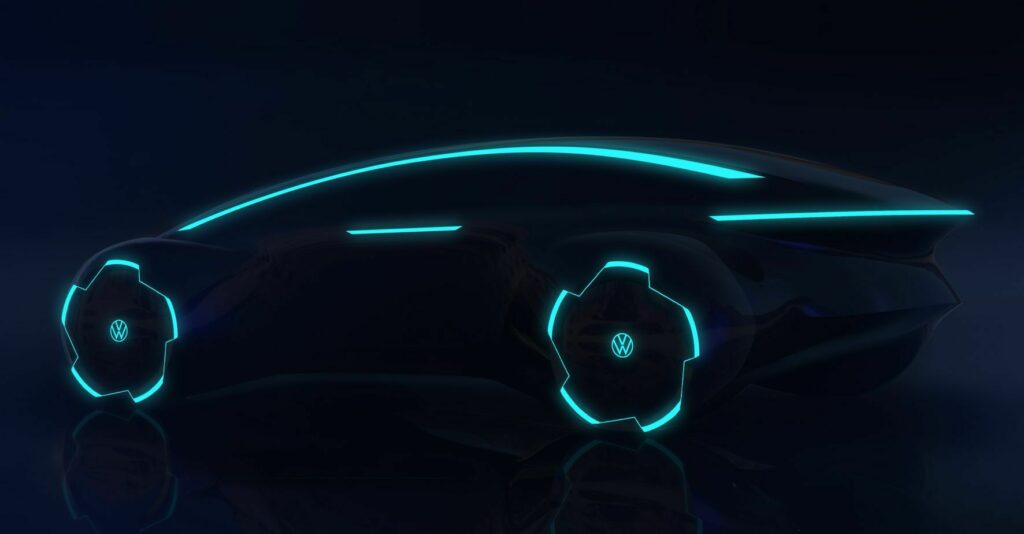Volkswagen announced a revised strategy plan for its German factories through 2028, resulting in a healthy dose of cost-cutting amidst the brand’s financial difficulties. As noted by VW’s production boss Christian Vollmer, the goal is to reduce production complexity, by bundling models based on the same platform.
Starting with the latest news on the upcoming Tesla-fighting Trinity EV flagship, VW canceled plans for a dedicated new factory near Wolfsburg, which would require a €2 billion ($2.12 billion) investment. Instead, the automaker decided to update its existing plant in Zwickau to accommodate the production of its flagship SSP-based model. Currently, Zwickau is home to the production of the MEB-based VW ID.3, ID.4, and ID.5, as well as the Cupra Born, and Audi Q4/Q4 Sportback e-tron.
More: New 2024 VW Tiguan Splits From U.S. Model, PHEV Offers 62 Electric-Mile Range

On a similar note, VW said that the production of new SSP-based EVs will be “integrated into existing and modernized structures” of its main Wolfsburg plant when they arrive “at the end of the decade”. This applies to the fully-electric VW Golf MK9, which aspires to be a “high-volume” model.
More New Models On The Horizon
For the near future, VW announced a new EV model set to be produced at Wolfsburg alongside the ID.3. The automaker didn’t go into details but this could be the rumored ID.3-sized electric SUV with Automotive News Europe suggesting it will be an electric Tiguan. The same plant will house the production of the Tiguan Allspace successor in 2025, which in turn could be based on the next-gen Tayron.
More importantly, the company confirmed an “all-electric SUV for the high-volume A-segment” that will enter production in 2026, hinting at the rumored VW ID.1. The new entry-level model of VW’s EV lineup will be positioned below the upcoming ID.2, as a replacement for the aging e-Up! with a targeted starting price of under €20,000 ($21,183).
The rest of the factories in Germany and other locations will continue with the existing plans. This includes the Osnabrück facility in Lower Saxony, which houses the production of the VW Arteon and T-Roc convertible, alongside the continuing partnership with Porsche.
Thomas Schäfer, VW CEO, said that the automotive industry faces “complex challenges as it undergoes a transformation that is being conducted under difficult business conditions”, adding that the “newly approved vehicle allocation plan will make a substantial contribution to a strong, competitive VW brand.”





